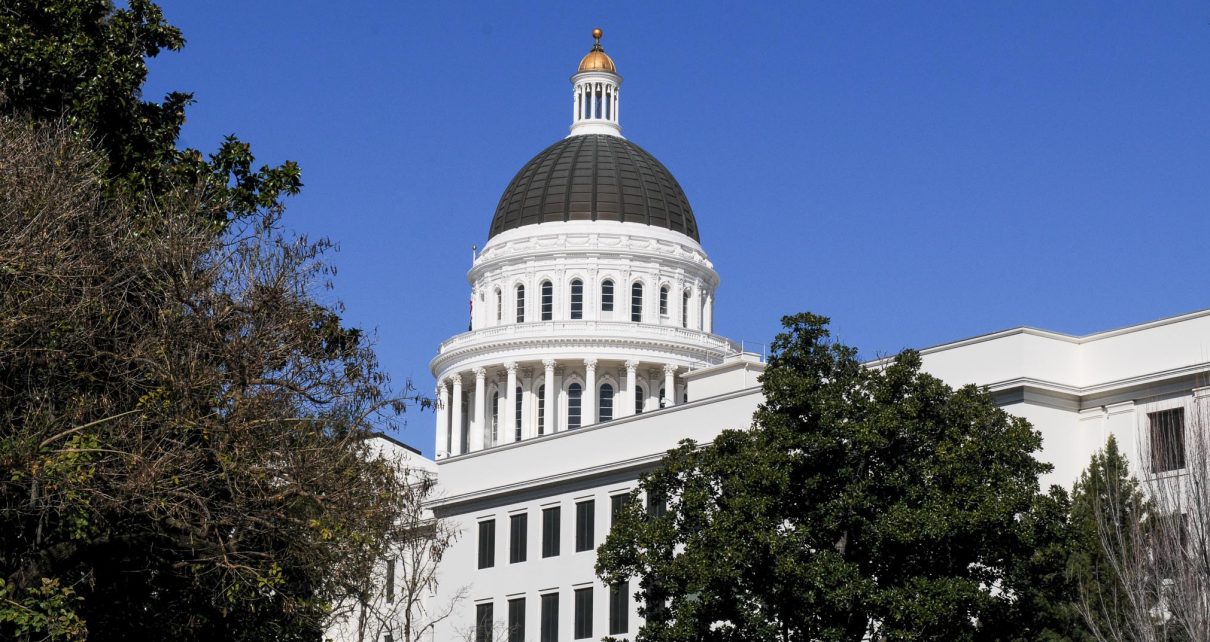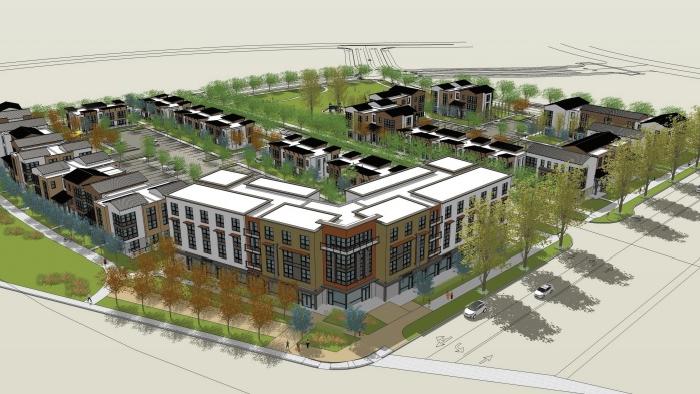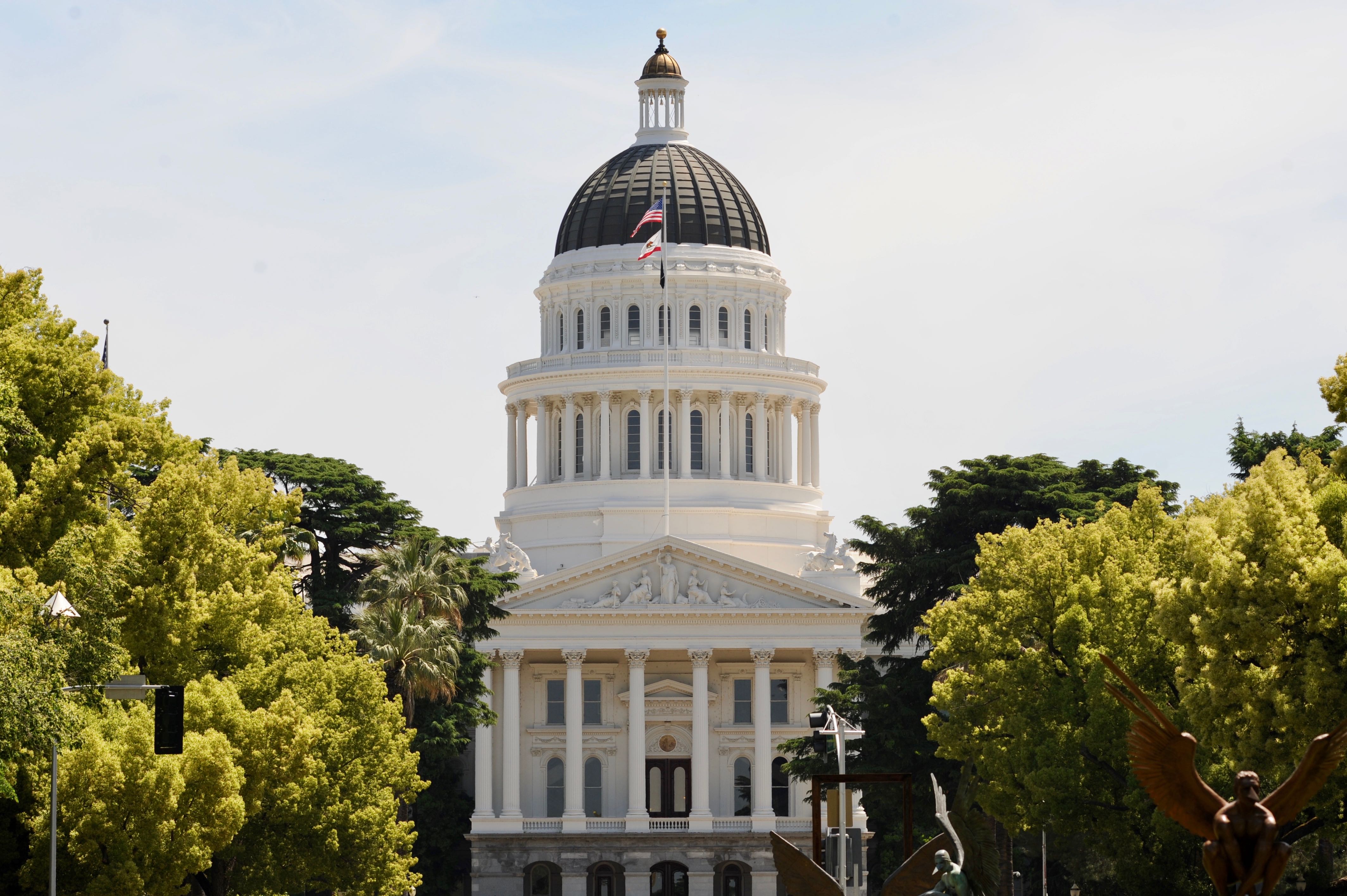
California State Capitol. (Photo: Kevin Sanders for California Globe)
Senate, Assembly Move Forward with Rent, Home Loan Relief Programs
California renters, homeowners may see some relief in the coming months
By Evan Symon, May 13, 2020 8:43 pm
A Senate renter assistance program and an Assembly mortgage forbearance bill gained traction this week in their respective houses, possibly giving California renters and homeowners some relief in the next few months.
The Senate rental plan

In the Senate, a rental assistance and stabilization proposal, championed by Senator Steven Bradford (D-Gardena), would target both renters and landlords. Landlords would forgive rent payments from tenants under the proposal, in exchange for tax credits from California akin to how much the rent would have been. These would then be paid off to the state in ten years starting in 2024.
In layman’s terms, renters could pay back what they owed during the coronavirus pandemic interest free over the next decade. Landlords would, in turn, be able to sell those credits to an outside investor for money. State funds would also be used to buy any outstanding rent debt, with repayment plans taking in factors such as the renters financial situation, job status, and payment history.
Both tenants and landlords would have to agree to the stabilization program before using it.
With over half of the 17 million renters in California being rent-burdened, meaning over 1/3rd of their income goes to rent, millions of renters and landlords could potentially use the late rent credit system. If no renter in the entire program paid back any rent over the ten-year period to California, the state would lose $500 million.
“This is not a giveaway to anyone,” said Senator Bradford in a statement. “Our goal is to keep tenants housed and keep landlords out of foreclosure. This is a substantive proposal that protects those who are struggling to afford their rent and also keeps rental properties from going into foreclosure. This equitable strategy will keep people housed.
The last thing we want to do is increase our homeless population. This is not for large corporate landlords, but for mom and pop landlords.”
The Assembly mortgage bill

In the Assembly, another proposal is currently also aiming to help those falling behind on payments, but differing in that it targets homeowners with mortgages.
Assembly Bill 2501, written by Assemblywoman Monique Limon (D-Santa Barbara) would suspend all foreclosures, evictions, and repossessions during the coronavirus pandemic, as well as install long-term forbearances, or foreclosure delays. The proposed law would last for 180 days after the Governor lifts the statewide coronavirus emergency measures. Payday loans would also be heavily restricted, with payment plans and fee restrictions being enforced by law.
AB 2501, also known as the COVID-19 Homeowner, Tenant, and Consumer Relief Law of 2020, also gives those under multifamily mortgage loans an additional 180 days of forbearance. Single and multi family mortgages will also not be assessed any additional fees, penalties, or higher amounts of interest while under forbearance.
“During emergencies and financial crises we need to beef up consumer protections, not dilute them,” noted Limon on the bill earlier this year in the Assembly.
Both of these programs, as well as the commercial eviction stoppage bill SB 939, aim to keep people in homes and businesses to stay put as the coronavirus pandemic continues in California.
What they mean for Californians
Supporters have said that people should not be evicted in the middle of a crisis as it would greatly increase infection rates and put more people in danger. The loss of businesses would also put a further strain on the economy, with the loss of tenants cutting into future income for landlords in a period when people are generally not moving.
“These all could have been a lot worse,” pointed out residential and commercial property consultant Walter Meier. “For the Senate proposal, renters will be protected and have a VERY long time to pay off any accrued rental debt. But landlords aren’t getting the raw end of the deal either because of the credits. The one taking the risk here is actually California. If renters can’t or refuse to pay, that’s a lot of money. And I think that $500 million projected loss is a little bit conservative, because they’ll be outright forgiving debt of some and not adding interest on others to make up for it.”
“The assembly bill also has issues. 180 days after the coronavirus is over in California, there are going to be a lot of foreclosures and evictions popping up because of this delay. People will have half a year to get out of the hole, but that’s a lot of debt to get over. It’s true that no more fees or anything can be added, but they still have to pay the added monthly amounts by the end. And unlike the Senate proposal, mortgages won’t be paid off by the state. There are protections, sure, but only for a half a year. That’s the timeline people would have to catch up.”
The Senate proposal is currently under discussion with any action to be decided by June 15th. AB 2501 is to be heard by the Assembly Banking and Finance Committee on May 19th.
- Bill to Require Law Enforcement Disclosure if AI Was Used To Help Write Reports - August 7, 2025
- Gov. Newsom Files FOIA Request To ‘Expose True Cost’ Of L.A. Federal Troop Deployment for Anti-ICE Riots - August 6, 2025
- California Redistricting: How Newsom’s Plan Will Demolish Hard Fought GOP Gains - August 6, 2025





2 thoughts on “Senate, Assembly Move Forward with Rent, Home Loan Relief Programs”